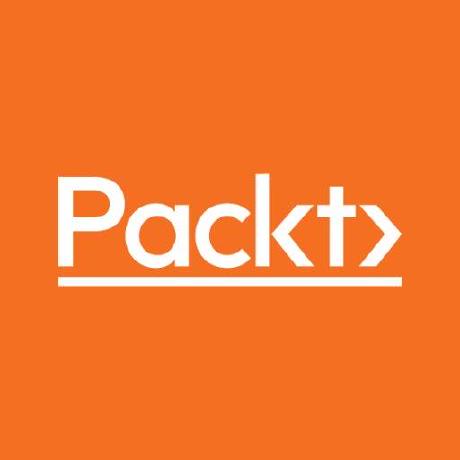Discover and explore top open-source AI tools and projects—updated daily.
Transformers-for-NLP-2nd-Edition by  Denis2054
Denis2054
Collection of notebooks for transformer models in NLP, from BERT to GPT-4
Top 38.2% on SourcePulse
This repository provides a comprehensive collection of Jupyter notebooks and code examples for applying transformer models to Natural Language Processing (NLP) tasks. It targets engineers, researchers, and practitioners interested in leveraging state-of-the-art models like BERT, GPT-3, and GPT-4, covering fine-tuning, training, and prompt engineering across various platforms including Hugging Face and OpenAI. The primary benefit is a practical, hands-on guide to implementing advanced NLP techniques and exploring the latest AI language models.
How It Works
The repository offers a structured approach to learning and applying transformer architectures. It covers foundational concepts like the Transformer architecture and positional encoding, then delves into practical applications such as fine-tuning BERT, pre-training RoBERTa, and performing downstream tasks like machine translation and sentiment analysis. A significant focus is placed on integrating with large language models (LLMs) like GPT-3, GPT-4, and ChatGPT, including detailed examples of API usage, prompt engineering, and multimodal capabilities like DALL-E. The notebooks are designed to be runnable on cloud platforms like Google Colab, facilitating accessibility.
Quick Start & Requirements
- Installation: Notebooks can be run directly on cloud platforms (Google Colab, Kaggle, Gradient, StudioLab) via provided badges or on a local machine.
- Prerequisites: Some chapters require a GPU for reasonable execution times. Specific notebooks may require installing libraries like
tiktokenandcohere(pip install tiktoken,pip install --upgrade cohere). OpenAI API keys are necessary for OpenAI-related notebooks. - Resources: GPU recommended for performance. Setup time varies based on local environment configuration or cloud platform startup.
- Links:
- Google Colab/Kaggle/Gradient/StudioLab badges are provided per chapter in the README.
- OpenAI API updates and tips: https://github.com/Denis2054/Transformers-for-NLP-2nd-Edition/blob/main/Getting_started_with_OpenAI_API.md
Highlighted Details
- Covers a wide range of transformer models including BERT, T5, GPT-2, GPT-3, GPT-4, DeBERTa, and Reformer.
- Includes practical examples for fine-tuning, pre-training, and applying transformers to diverse NLP tasks like summarization, translation, sentiment analysis, and question answering.
- Features extensive bonus content on OpenAI's ChatGPT, GPT-3.5-turbo, GPT-4, and DALL-E, including prompt engineering and multimodal generation.
- Explores comparisons between various AI platforms and models such as Hugging Face, OpenAI, Google Cloud AI, Bard, and Microsoft New Bing.
Maintenance & Community
The repository is authored by Denis Rothman and associated with Packt Publishing. The last update was January 4, 2024. Contact information for the author is available via LinkedIn.
Licensing & Compatibility
The repository itself is ©Copyright 2022-2024, Denis Rothman, Packt Publishing. The specific license for the code within the notebooks is not explicitly stated in the README, but the content is presented as part of a published book, implying potential copyright restrictions on redistribution of the full content.
Limitations & Caveats
OpenAI API calls and response objects are subject to frequent updates and deprecations, requiring users to adapt code (e.g., openai.Completion.create to client.chat.completions.create, engine= to model=). Some newer code, like Vision MLP Mixer, is noted as unstable. The repository is tied to a book, and direct use of all code may require purchasing the book for full context.
2 years ago
Inactive

 suncloudsmoon
suncloudsmoon sugarme
sugarme kyzhouhzau
kyzhouhzau janlukasschroeder
janlukasschroeder YangBin1729
YangBin1729 graviraja
graviraja cedrickchee
cedrickchee smilelight
smilelight ukairia777
ukairia777 llSourcell
llSourcell PacktPublishing
PacktPublishing mesolitica
mesolitica